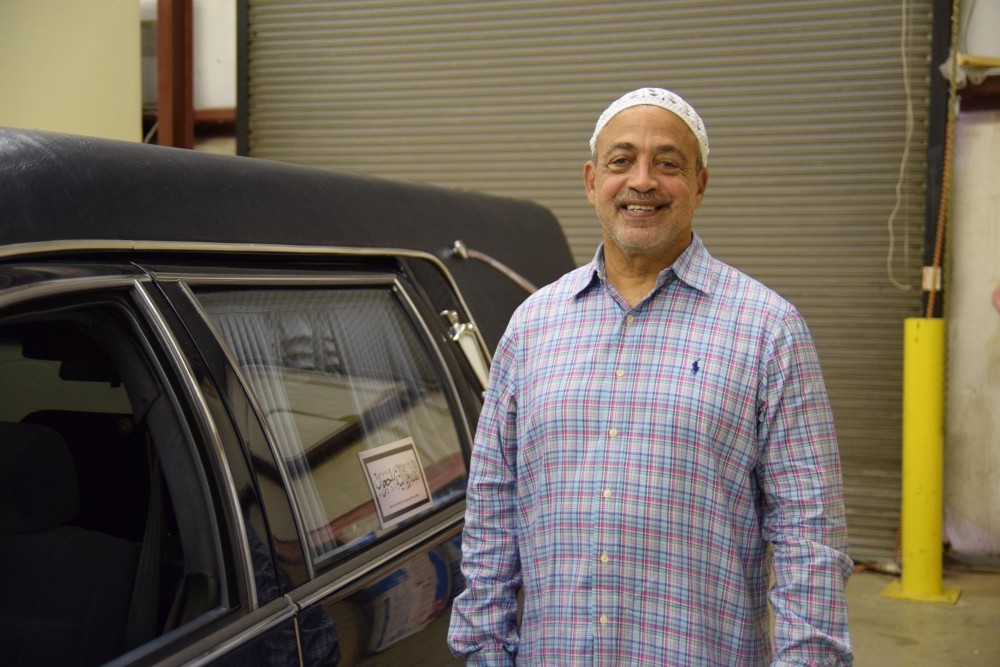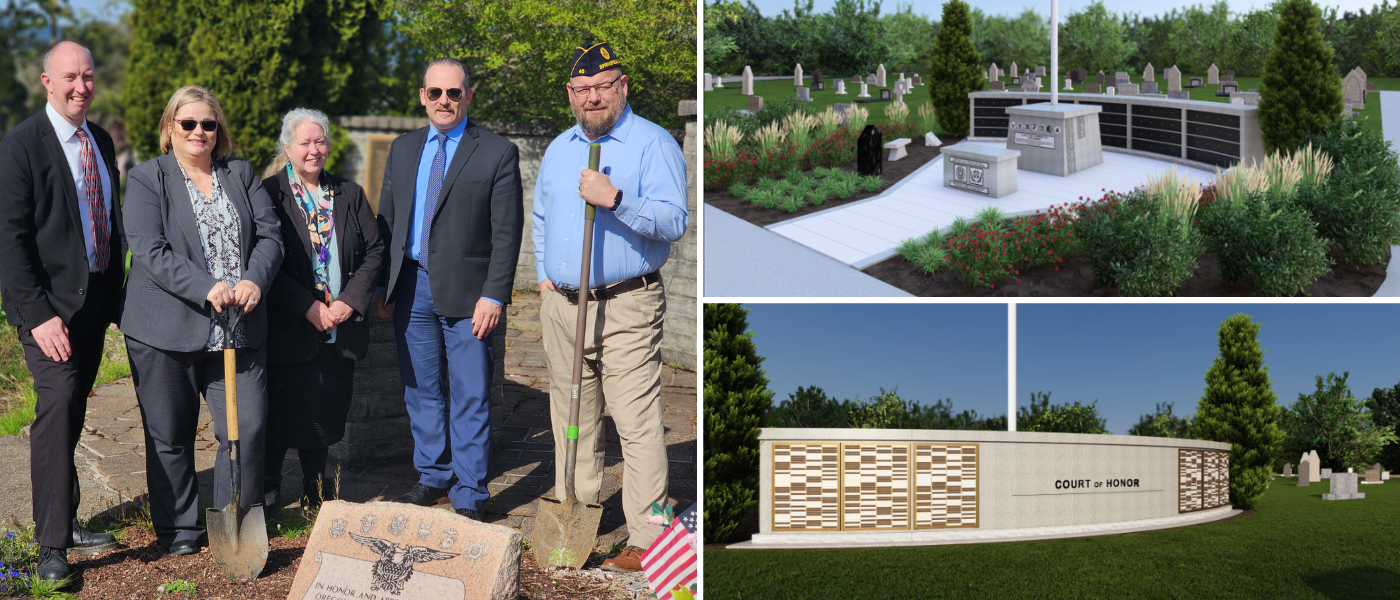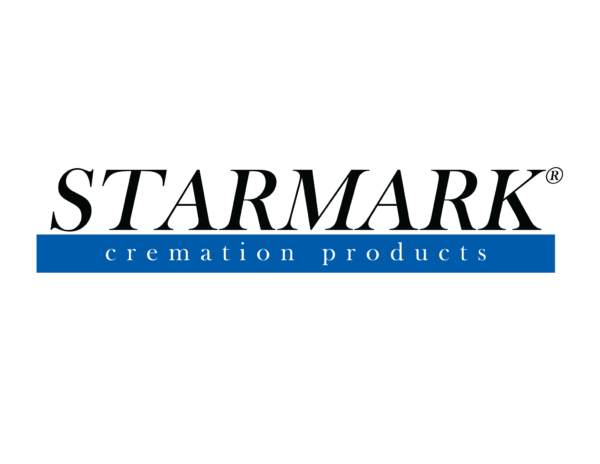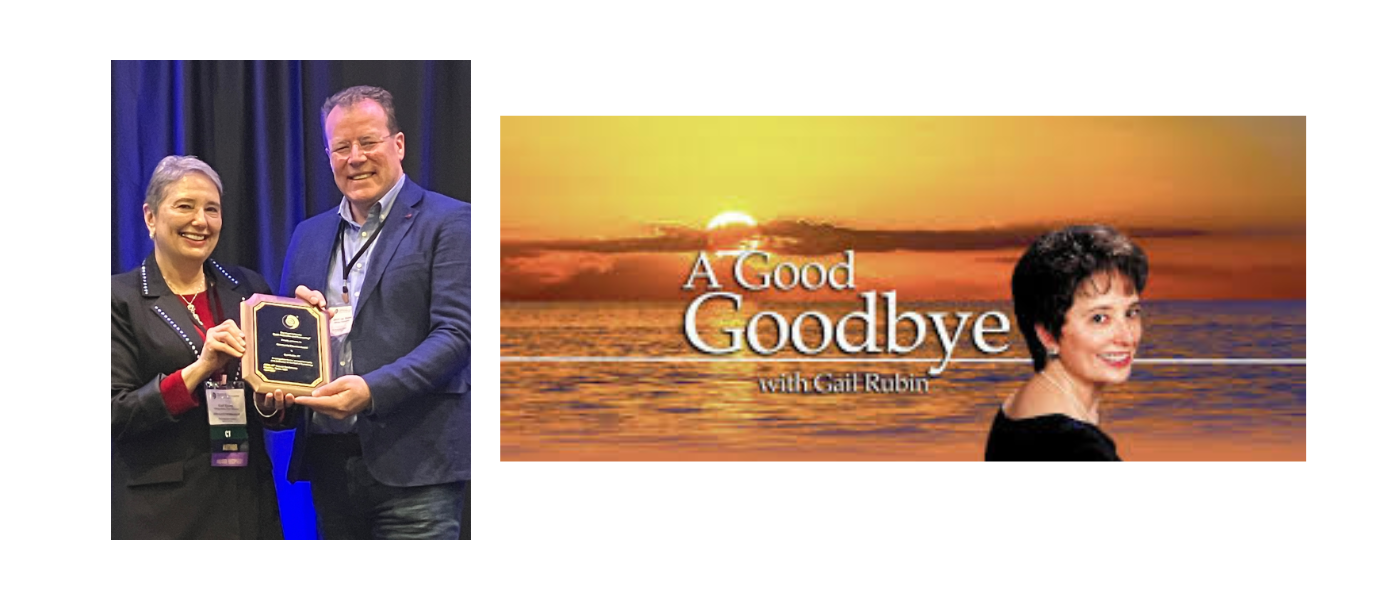Georgia’s First Muslim Funeral Home Opens As Non-Profit
Article originally published by: WABE.org
Photo: ALISON GUILLORY / WABE
Amidst the controversy surrounding a proposed mosque and funeral home in Newton County in recent weeks, the state’s first Muslim funeral home quietly opened in Norcross Monday.
The red brick funeral home, Janaza Services of Georgia, is easy to miss. The funeral home is in a quiet, mostly residential neighborhood off Buford Highway. Its name, Janaza, comes from the Arabic word for funeral.
Serving Everyone
Abdullah Tahir Siddiqui, the funeral home’s founder and chief financial officer, shows off its elegant interior. Chandeliers provide dim lighting, there are framed paintings of flowers on the walls and, a bit out of place, a University of Georgia Bulldogs floor mat greets everyone who enters.
“It’s not only for Muslims, we have to serve everybody: non-Muslims and Muslims both,” Siddiqui said.
That’s the law in Georgia. Funeral homes must serve everyone, which is why you’ll find eight caskets in the showroom – even though Muslims don’t use them.
Embalming Vs. Washing
Muslims, like Jews, also don’t embalm their dead. But Georgia law requires that funeral directors are licensed to embalm. So Janaza Services of Georgia’s funeral director, Athens native and diehard Bulldogs fan Ahmad Rashad, is also trained to embalm.
Embalming is the process of draining all the blood from a person’s body and replacing it with several gallons of fluids and water that preserve the body and give the dead the appearance that they are sleeping. It’s a practice that became popular in the United States after the Civil War when families transported deceased soldiers over long distances to bring them home.
In the funeral home, past the chandeliers, state-required chapel and viewing rooms, Siddiqui shows off rooms in the back where he keeps a large cooler and metal tables.
“I bring the body here, wash the body, process the body, and then it’s ready to shroud,” Siddiqui said. “This table is called an embalming table, but we use it for washing.”
Quick Funerals
The ritual washing of the body is the biggest difference between Muslim and modern Christian funeral rituals.
In Islam, like Judaism, family members or community volunteers wash and bury the dead often within 48 hours.
They wrap the body in plain, white fabric and place it straight into the ground – sometimes in a simple wooden box.
For the past 12 years, Siddiqui has been washing bodies in rooms made available at Christian funeral homes around Atlanta. But it was never ideal.
Privacy For Women
Siddiqui said not having a Muslim funeral home was difficult in the beginning, before funeral homes they rented space from understood the process of how Muslims wash and bury their dead.
“I feel always pain in my heart, because as a Muslim we have the feeling that even though it’s a dead body, it has a due respect,” Siddiqui said.
Outside of a spouse, men cannot handle or wash the bodies of women.
Karen Katoot, a registered nurse in Roswell, regularly holds workshops on preparing wills for the Muslim community in Atlanta and has helped wash several women.
“It’s very important for the female that there’s privacy,” Katoot said. “No windows, you’re able to lock the door while you’re washing the female, just small things like that. We do that even as a nurse in the hospital. It’s very important to honor that individual and their dignity according to their beliefs.”
Religious Obligations
Imam Abdullah Jaber, the leader of Masjid Omar near Lilburn in Gwinnett County, said if there are enough Muslims living in an area, there’s a responsibility on that community to properly care for the dead.
“If a person has an individual obligation, if they don’t do it, they’re sinful,” Jaber said. “A communal obligation: if nobody does it, everybody’s held sinful.”
With the opening of Janaza Services of Georgia, Atlanta-area Muslims now have one funeral home and three cemeteries.
A Muslim Funeral Home
The idea for the funeral home began with a question Siddiqui’s friend asked him four years ago.
“Why not start our own Muslim funeral home? But they need some support, somebody can volunteer himself,” Siddiqui said. “So I said, ‘I’m the one – because I’m already involved in that and I know more than anybody else knows, and now I’m in a position I can serve the community as they deserve it.”
The 7,500 square foot funeral home includes 4,500 square feet of office space and a 3,000 square feet warehouse. Janaza Services of Georgia opened with little fanfare or controversy.
And Siddiqui said he’s willing to advise the imam looking to open a funeral home in Newton County.
Interfaith Dialogue
The intense hate speech around the proposal there upset Atlanta-area Muslims, said Jaber:
“I just think it’s the rhetoric that affects people’s mindsets, but once people sit down, discuss and understand on an intellectual level, there shouldn’t be any problem.”
Katoot said she’s optimistic.
“I’m from Kentucky. They run maybe 50 years behind time, so everything out of the ordinary is not accepted, very similar to what we’re seeing in Newton County,” Katoot said. “People are fearful for lack of knowledge and they don’t like change. They want everything to be the same. It will take time and a lot of education.”
Jaber explained that even during the washing, the body is kept mostly covered and thoroughly cleaned multiple times with soap and water.
“As a Muslim, we are taught respect towards the deceased,” Jaber said. “Prophet Muhammad taught us: do not hasten in a manner where you may be causing discomfort to the deceased. According to our theology, the deceased is able to hear and feel what’s happening. So they have moved on to another realm, but there’s still some sort of attachment.”
Financial Assistance
As a nonprofit community project, funeral director Ahmad Rashad said he plans to charge customers $1,000 for the basic service and will offer financial assistance to poor families.
“At this particular time, when death comes, people are in duress,” he said. “Most competitors are worse than what I would call a lawyer, they just charge you too much. Funeral services have gotten like that, it’s gotten out of control price-wise. Our mission is to serve Muslims and every other community and give them a good service and a good price.”
Rashad said the next step for the funeral home is to work with the Green Burial Council to offer green burials. The council certifies funeral homes that offer green burials and environmentally sustainable death care.




